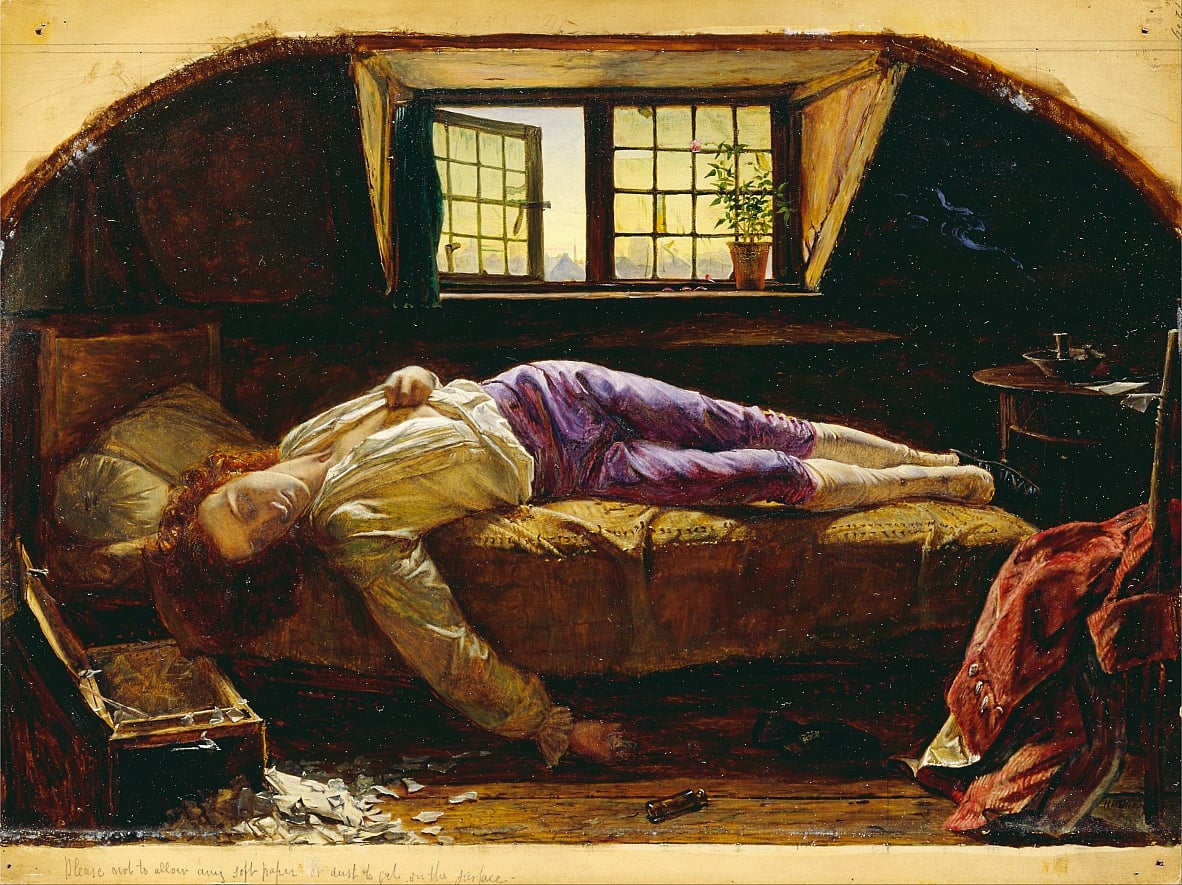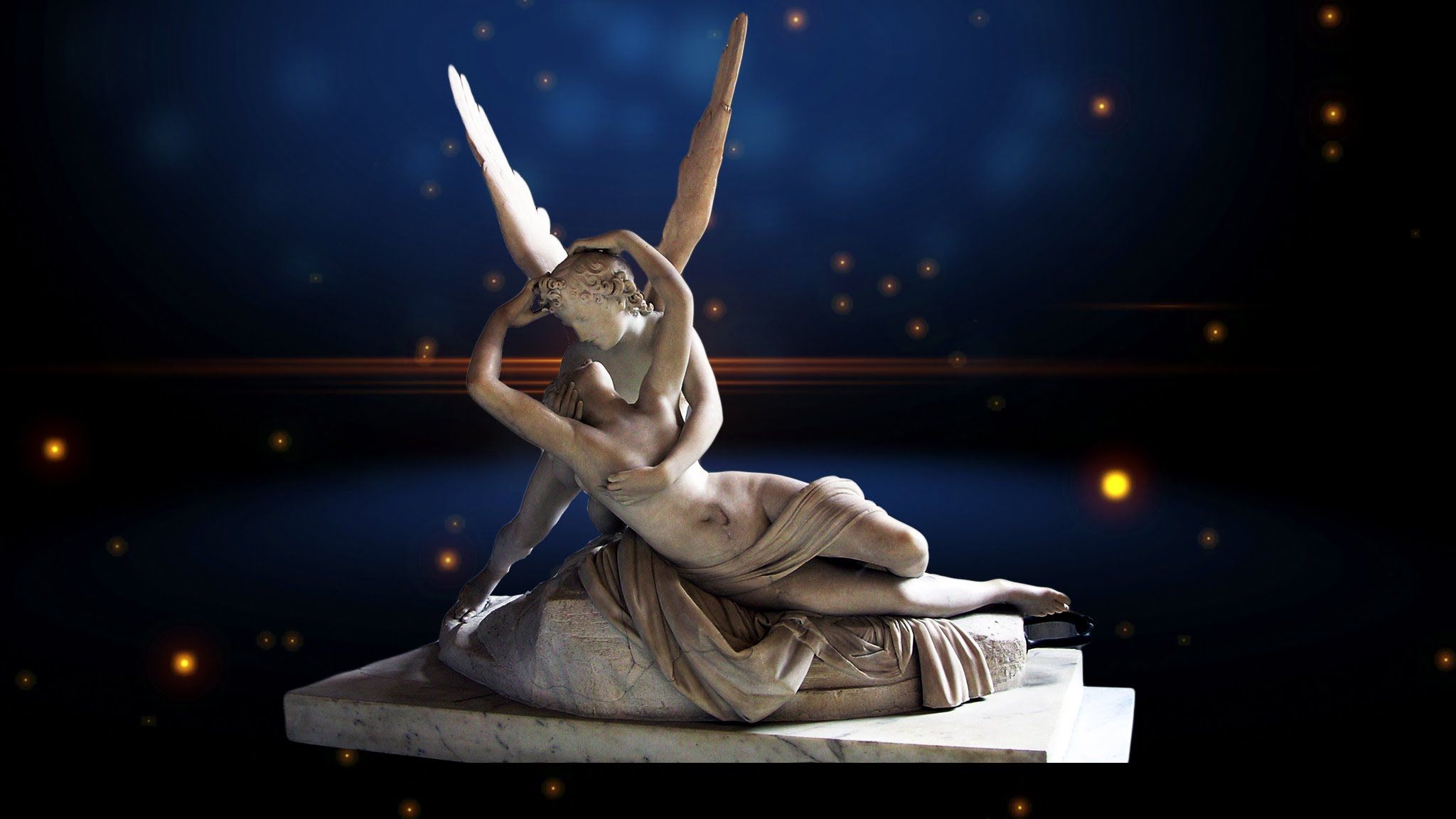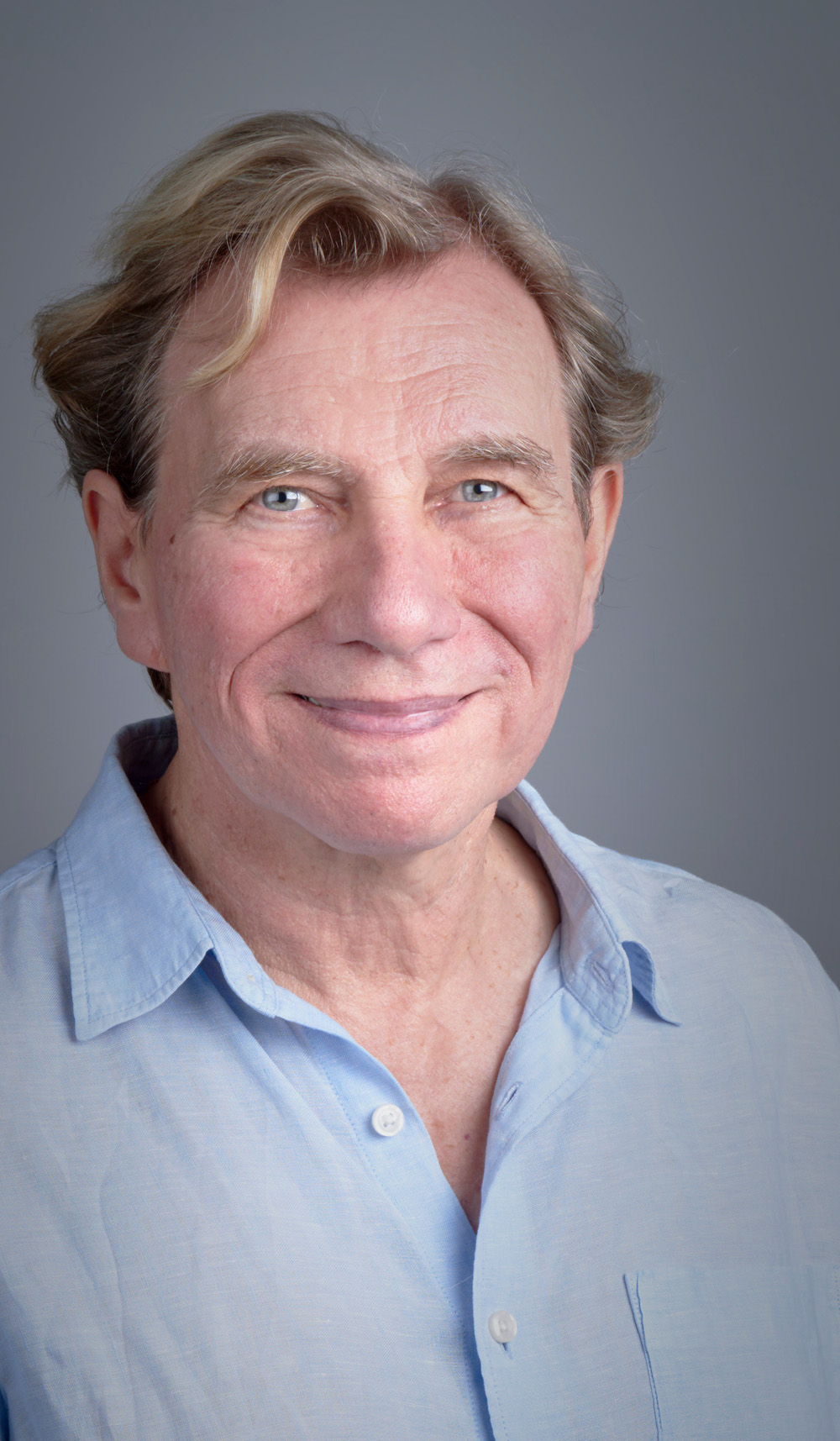A secret, once told, is a secret no longer . . .
Once shared, a secret hardens into ‘a fact’, one of those awkward, sharp-edged pieces of reality that we have to accommodate in our lives. Have you ever kept a secret from those closest to you? No? Not one, ever . . ? We all do at some time, of course (even it’s a matter of being ‘economical with the truth’). The universal excuse we make is that it saves hurting people’s feelings. And that’s not something easily dismissed.
But what would happen if our deepest secrets were made brutally visible to everyone? If some Edward Snowden of the heart decided the world would be a better place without lies? What would be the consequences of truth? This is the terrifying question at the heart of Ibsen’s The Wild Duck, which Simon Stone has adapted in his first movie, The Daughter.
Film versions of stage plays are notoriously difficult to carry off, usually trapped in a box of static interior action (with the occasional exterior shot for atmosphere). In The Daughter, Stone does not attempt to make a film version of his acclaimed Belvoir Theatre adaptation of The Wild Duck, but re-imagines the play again entirely against the backdrop of the Snowy Mountains. The extended opening scene shows a beautiful, still high country landscape. Vast banks of mist cushion the mountains, as though insulating them from harsher realities beyond. At last the crack of a gunshot shatters the peace, and the action begins.
Oliver (Ewen Leslie) works at the local timber mill which is closing down. He breaks the news to his wife Charlotte (Miranda Otto) and daughter, Hedvig (Odessa Young). They are a strong, loving family, and you feel they are tough enough to weather this challenge. Oliver’s father, Walter (Sam Neill) lives in a caravan behind their house, pottering around and looking after wounded animals and birds (wild duck alert). Modest domestic scenes between the four of them are surprisingly moving, a testimony to superb acting talent as well as Stone’s script and direction.
Up at the ‘big house’ meanwhile (filmed at Camden Park House, NSW), the local landowner, Henry (Geoffrey Rush), is preparing for his marriage to Anna (Anna Torv). She is young enough to be his daughter, but it only seems crass when someone points out the age difference. They clearly love one another. The closure of his timber mill has been shrugged off; Henry evidently has plenty of other assets. Christian (Paul Schneider), his son from a first marriage, returns after 16 years in the US for the wedding. When Christian meets Oliver (they are old school friends), a spark arcs between the two families. A circuit is closed, and the destruction of their peaceful existence begins. Henry’s carefully-named son is like a serpent bringing the curse of knowledge into their garden of innocence. If he cannot be happy, then nor shall anyone else.
As Christian exposes the secret, and then the secret-within-the-secret, everything leads back to his father, Henry. Geoffrey Rush loves vaudeville and clowning and draws on these traditions in some of his film roles, but he has a nice line in buttoned-up, conflicted middle-aged men too. It is a delight to see him act so minimally here by force of character it seems, rather than through grand speech or gesture. Henry is nothing but polite and considerate to the other characters. He is anxious to please and do the best for everyone, providing generous packages to the workers at the mill when it closes. Yet in the end, everything is his fault. It could also be said that nothing is his fault either. The action of the play unfolds with the inevitability of a Greek drama, as though it were all fated to happen.
Henry’s crimes and misdemeanours might be blamed on his sense of privilege, but secrets are not the prerogative of any social class. Adjusting other people’s view of the world, by what we say and do not say, is intrinsic to how we operate. Secrets great and small are part of the human condition. Exploring the consequences of this was Ibsen’s project, and is Simon Stone’s too in this new movie. It seeks to understand not to condemn.
While the men in the story are rendered helpless or crumble under the weight of the truth, it is the two main female characters who remain strong and decisive. Charlotte rushes into action to prevent the secret escaping, desperately trying to hold the hold the men together as they emotionally collapse. It is Hedvig, her fifteen year-old daughter though – as luminously played by Odessa Young – who is at the centre of the movie. She is the kind of girl you might have yearned to have as a friend at school: intelligent and conscientious, tomboyish and sexually adventurous with her boyfriend, always ready with smartass remarks yet warm, loving, and close to both her parents. When she, too, learns the secret, Hedvig’s reaction is the most mature of all the characters. By this time, though, her father has been reduced to a snivelling, angry mess, unable to respond. She then takes the decision which reverberates long after the closing credits.
For his debut movie, Stone wisely ensured he had some of the best in the business on his team: Jan Chapman as a producer, Andrew Commis as cinematographer, and Veronika Jenet as editor, among others. His direction is assured and subtle, as in the slow, horrific exposure of Christian from fresh-faced prodigal to the demonic messenger he truly is, haunting the corridors and shadows of the great house where he grew up, and where actions first became secrets. Particularly impressive is the way Stone works with his actors to convey emotional intensity and meaning through scenes of quiet intensity, as when Hedvig silently watches from the school bus when her boyfriend packs up to leave town without having had the courage to tell her.
The Daughter is a masterly film.



